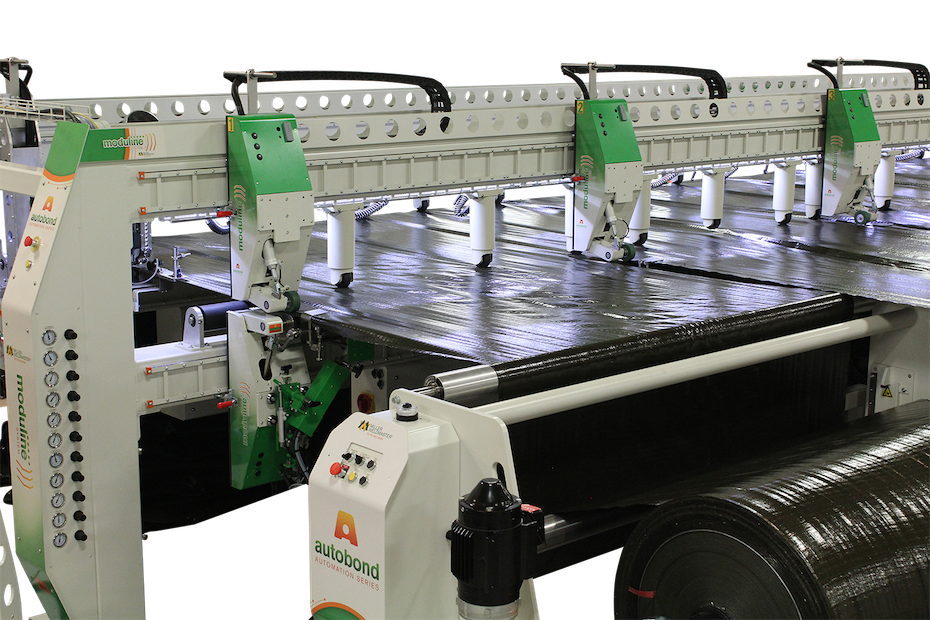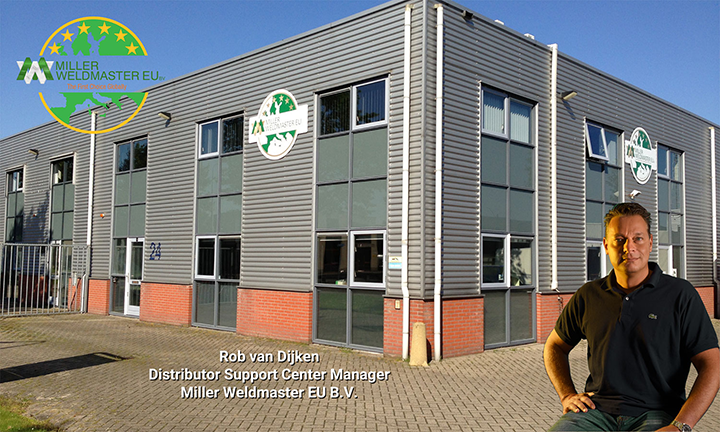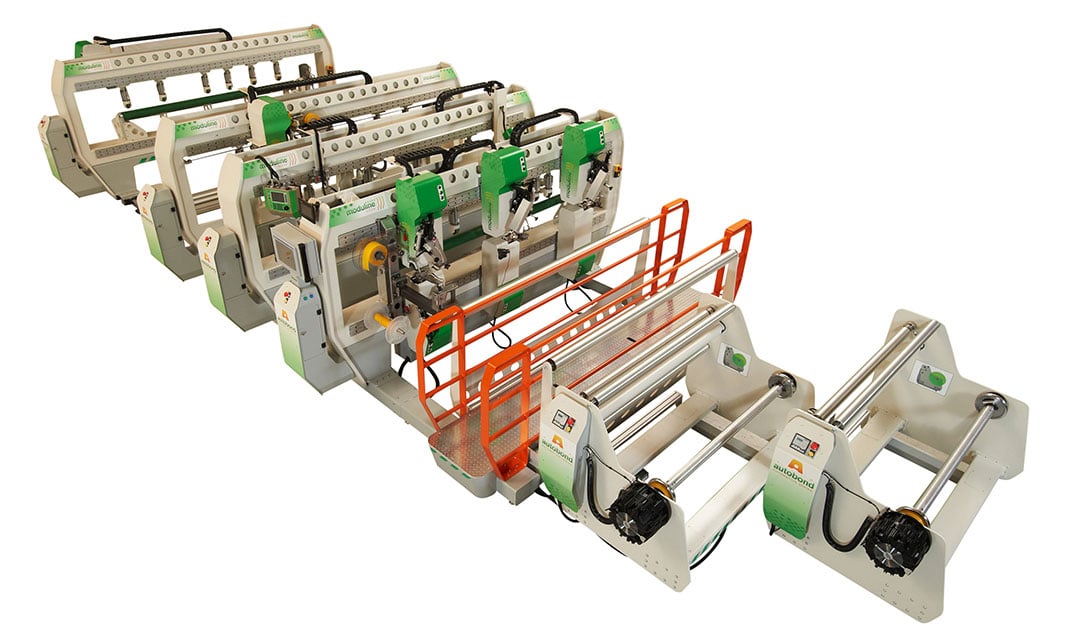If you work in manufacturing, you’ve likely heard about automating your production. You might be wondering if your operation can benefit from automation, or if you should keep your old process that you already know and love.
Automating manufacturing productions is a big task that can seem daunting, and might make some nervous. If you’re wondering about how automation can help you, here are a few simple questions to ask yourself about your current process and what it would look like with automation in place:
Is my production cycle cost effective and productive?
You may have a moderately sustainable operation now, but carefully consider what the cost reduction could be if you automated some of your process. In addition to creating a faster workflow, automation can reduce your employee’s labor input and allow them more time to focus on parts of production that cannot be automated.
Your product output rate is important to the continued success of your business. If your production cycle looks efficient but results in low output with high effort, it might be worth it to reevaluate the process and look for places for improvement. Are there certain processes that take a long time, or require a lot of material movement? These processes, once automated, will speed up your output and give you a better end product.
Is your manufacturing operation safe?
Improper material handling is one of the most common causes of workplace injuries – things like heavy lifting and repeated movement patterns affect your employees more than you’d think.
Automation gives manufacturing processes less room for error when it comes to safety. Because less manual labor has to be done throughout the production, there is a decreased likelihood of injury, which your employees will enjoy.
What is my defect rate?
Chances are that the less automation your production has, the more likely it is that a good percentage of products are defective. Automation can take out some of the errors that causes defective products, and create a more error-free process. Automated machines are also good at performing quality assurance, as they are able to automatically perform a number of tests and gather data about the product throughout the entire production cycle.
Miller Weldmaster machines can be made with quality assurance components, such as SeamVision. This component continuously checks the seams and allows operators to monitor the product, be alerted when an issue arises, or export the product’s data to an external computer for analysis and quality assurance. Automation technology like this helps you create the best possible end-product every time.
How complex is my current operation?
If you have a manufacturing operation that is high in complexity, automation can be the answer to simplifying and streamlining your process. Particularly with automation options from Miller Weldmaster, there are several levels of complexity and customization we go through to create a process that is unique to your product. This will make your all-around operation run smoothly.
How long is my lead time for my product?
Depending on your industry, a high lead time can make or break your business. With automation taking care of several processes within your operation, you will be able to decrease your lead times while still maintaining a high-quality level. Your customers will enjoy your reliability.
There are other advantages to manufacturing automation as well, such as the ability to eliminate the most menial part of your production line, or the flexibility that having an automated system creates. If you’d like to learn how automation can be implemented in your manufacturing operation, contact one of our automation specialists today, or learn more about our automation capabilities and machines here.



